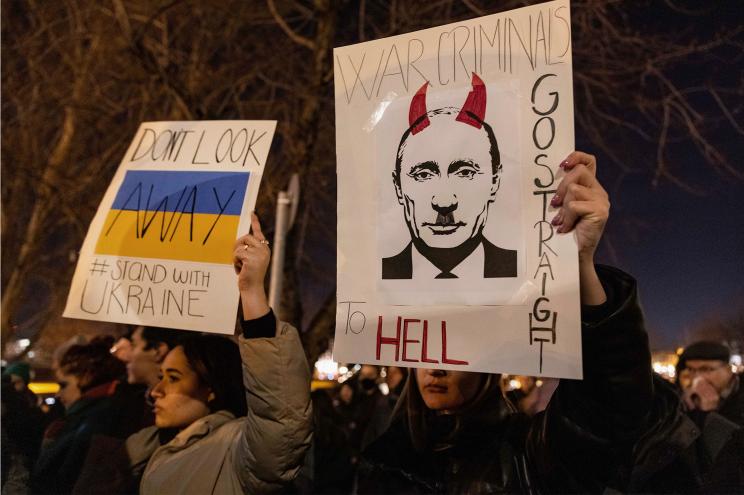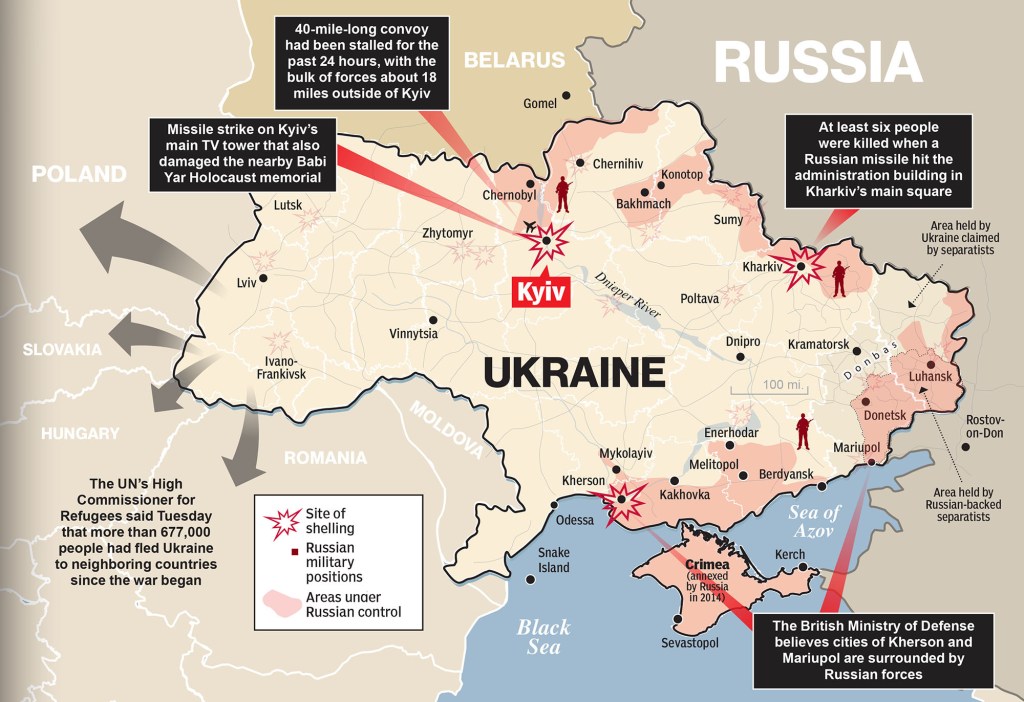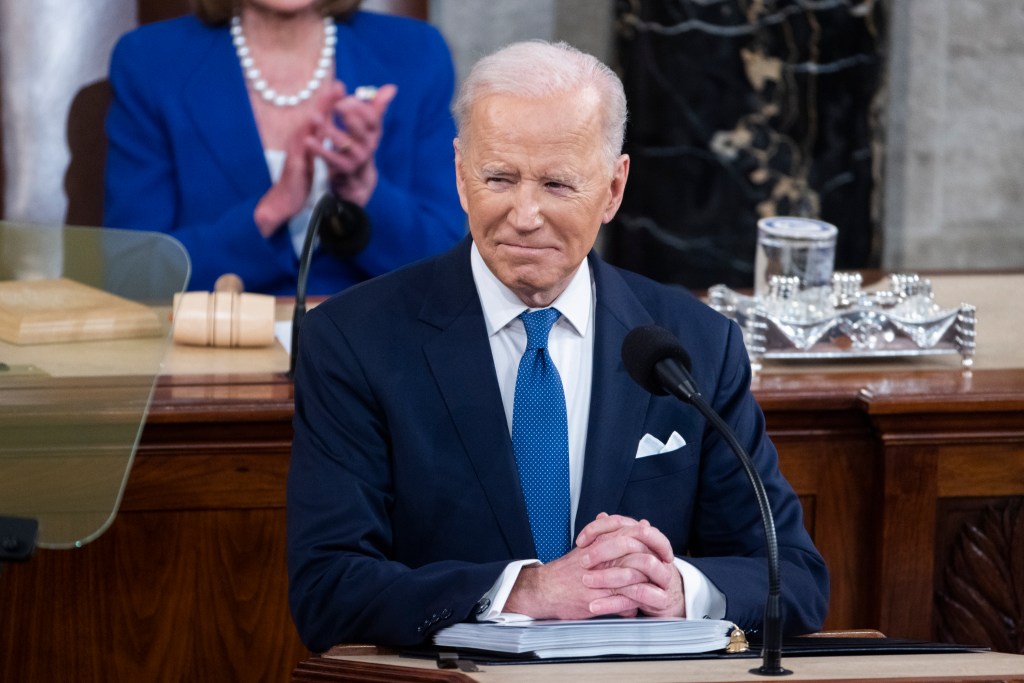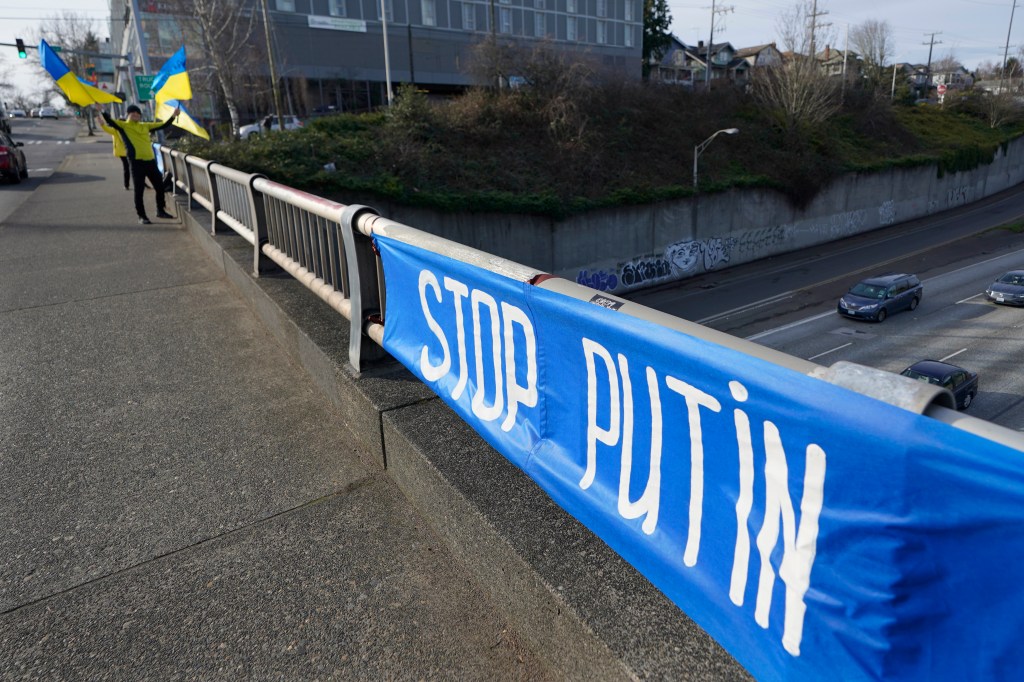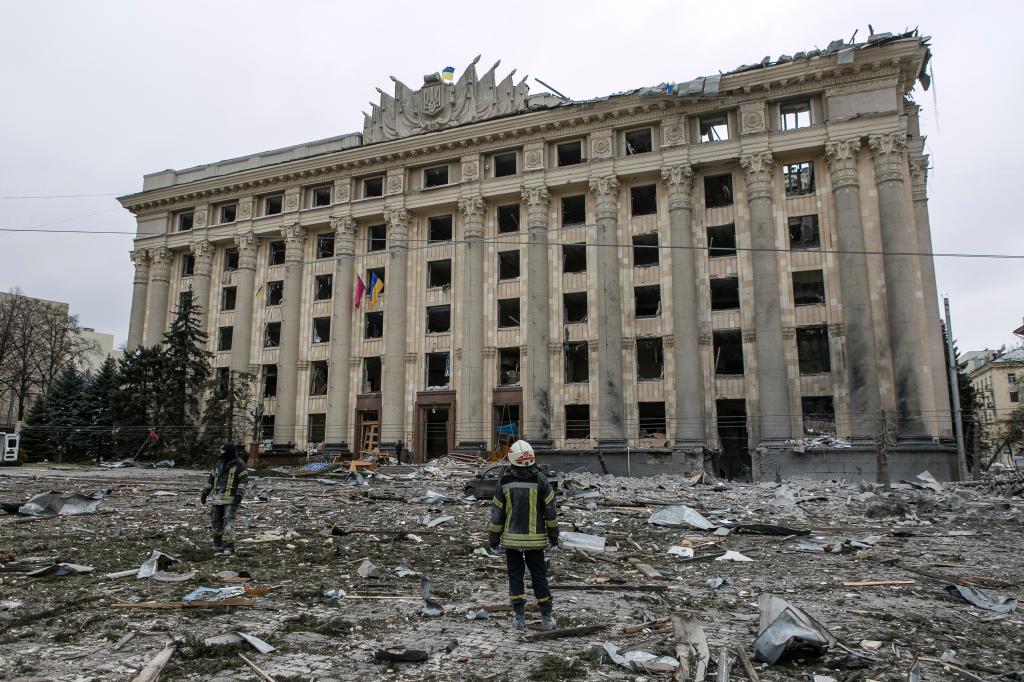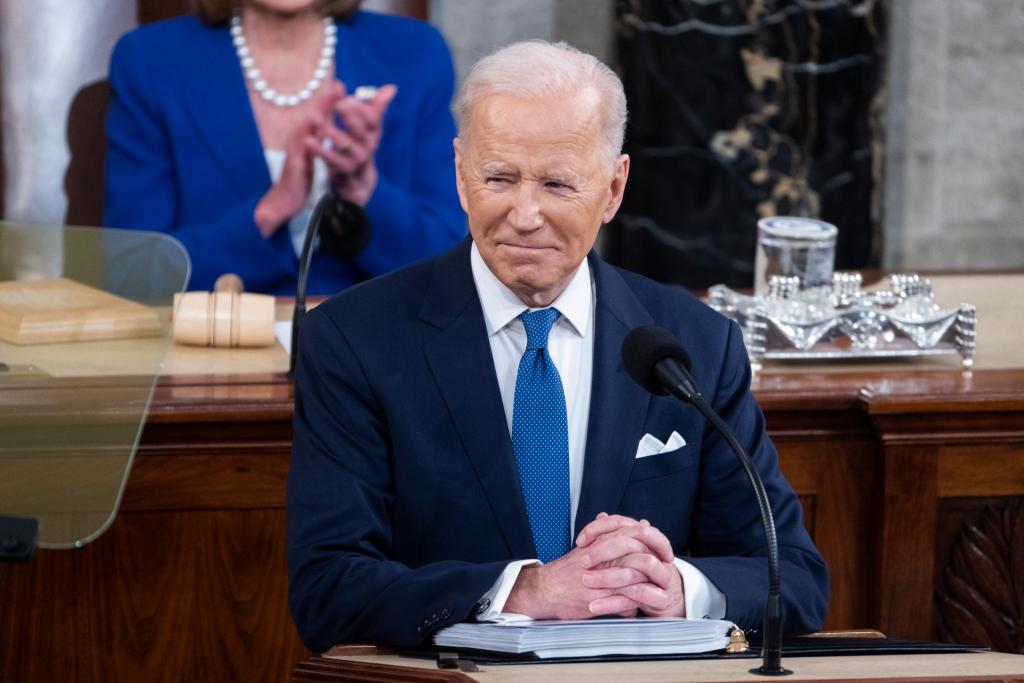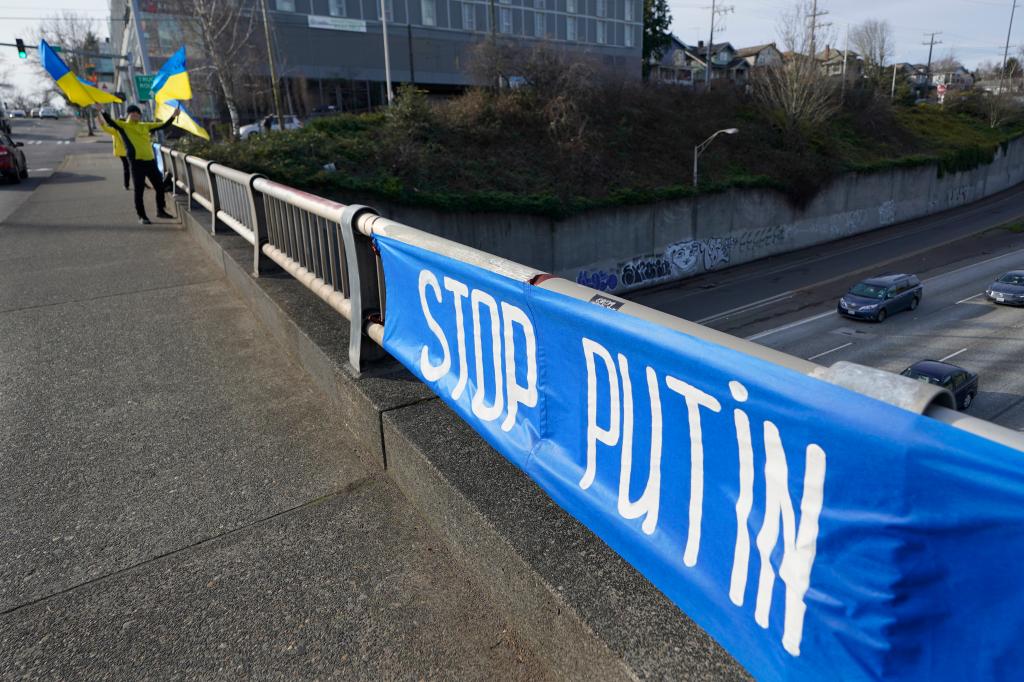In six short days, Russian President Vladimir Putin dealt himself a major defeat in his long-term campaign to reestablish substantial influence over the states of the former Soviet Union and the Warsaw Pact, and weaken NATO and the European Union.
His massive offensive against Ukraine has prompted strong countermeasures from NATO and the EU, and a historic turn most especially in Germany from a rather naïve Ostpolitik to a hard push against Kremlin aggression not just with major sanctions but the supply of weapons to Ukraine. Putin’s substantial soft-power influence in Western Europe through the business community, especially in the energy area, has collapsed overnight, as evidenced by the resignation of former French Prime Minister François Fillon from the board of two Russian firms and the divestiture of all Russian energy assets by British Petroleum, Royal Dutch Shell and Norwegian enterprise Equinor.
But these setbacks have not led Putin to reconsider his escalatory war. Instead, he has chosen to up the ante in ways that further threaten not only Ukraine but those countries supporting its survival as an independent and sovereign nation: the United States, NATO and the European Union.
In the first five days of the offensive, the Kremlin avoided mass bombardment of civilian areas, which is how it won victories in the war on Chechnya in the late 1990s and in its major intervention in Syria in 2015-6. But Monday, Moscow launched a major attack on civilian residences and government buildings in Kharkiv. These were not accidental strikes. America must prepare for this new savage turn in Kremlin aggression.
The Biden administration and the entire NATO alliance should also respond to Putin’s latest play of his nuclear card to intimidate us from supporting Ukraine. On Feb. 27 he announced he was putting Russia’s nuclear forces on alert. As a result, some in America and elsewhere are saying we need to be cautious in our growing support for Ukraine because it might lead to a nuclear showdown. This argument ignores the facts that Putin’s ambitions go beyond Ukraine and Russia already has tactical nuclear weapons in Kaliningrad, which borders NATO allies Lithuania and Poland. It also ignores that America and its allies went toe-to-toe with a nuclear Soviet Union — notably stronger than Putin’s Russia — and defended critical US interests in Berlin (1961) and Cuba (1962).
Prudence is essential when dealing with nuclear intimidation, but prudence also demands we not ignore vital American interests. Those urging caution in standing up to Kremlin aggression in Ukraine should acquaint themselves with Article 51 of the United Nations Charter, which explicitly states, “Nothing in the present Charter shall impair the inherent right of individual or collective self-defense if an armed attack occurs against a Member of the United Nations.”
All of this poses dilemmas for the Biden administration. How should it counter Moscow’s new threat to Ukraine and nuclear blackmail?
To help Ukraine in this dire period, some observers propose establishing a no-fly zone over Ukraine. The intention here is laudable, but this would require us to first take out Russian anti-aircraft batteries in Belarus and Russia and might also involve engagement between NATO and Russian aircraft. We can provide some of the benefits of a no-fly zone in a prudent fashion by supporting Ukraine’s efforts to counter Russian electronic jammers.
In addition, to deter or, if too late, to help limit Russian escalation to massive destruction, the United States and NATO should take the following steps:
- Immediately supply more weapons, especially Stingers and drones, but also Javelins. These three items have been the most effective in Ukraine’s surprisingly effective defense by posing risk to Russian armor and aircraft.
- Use the US military to deliver humanitarian aid by ship (Odessa) and planes (Kyiv and maybe other cities). This step would provide life-saving aid to Ukrainians and further stiffen their morale and also complicate Russian military operations.
- Launch a major information operation into Russia via social media with stress on Ukrainian civilian and Russian military and casualties. Making this information readily available will further undermine Putin’s position at home.
- Support a war crimes investigation at the International Court of Justice, including of military commanders and officers in the field. This would encourage them not to resort to indiscriminate violence against civilians in Ukraine.
To manage the latest Kremlin waving of its nuclear capability, Team Biden needs to remember the United States and its NATO allies are the most effective alliance in the history of the world. As such, unlike Putin, we do not need to broadcast the litany of our capabilities; we just need to ensure that our enemies — and Putin’s Russia is an enemy — understand what we also have at our disposal as we defend our interests.
John Herbst is director of the Atlantic Council’s Eurasia Center and a former US ambassador to Ukraine. Debra Cagan is distinguished fellow at the Transatlantic Leadership Network and a former State and Defense Department official.
